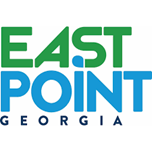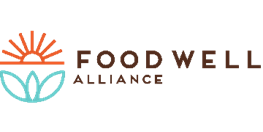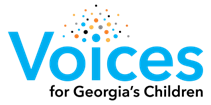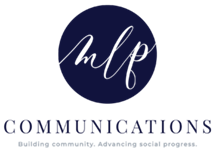Advancing Health Equity Through Policy in the City of East Point, GA
In 2021, Morehouse School of Medicine (MSM) partnered with the City of East Point (“East Point”) for the Advancing Health Equity through Policy in the City of East Point, Georgia project, funded more than $1 million over three years by the US Department of Health and Human Services, Office of Minority Health. MSM, one of six awardees, worked with the East Point community to advance health equity, or the state in which everyone has the fair chance to be healthy, by identifying and modifying policies that negatively affect health and contribute to structural racism.
Prioritizing their voice, MSM supported the community to embed health equity within the East Point 2022-23 Comprehensive Plan Update. The Plan includes an equity statement co-developed by the East Point Health Equity Community Advisory Board (CAB) and MSM project team, mentions “equity” 48 times and “health equity” 12 times, and lists health equity as a community goal. By making health equity a shared vision and value, increasing community capacity to shape health outcomes, and fostering multi-sector collaboration in the process, the Plan lays the foundation for a vibrant, healthy East Point community.
Impact
- Modified policy to advance health equity, embedding health equity into the East Point 2022-23 Comprehensive Plan update for the first time.
- Supported the creation of the East Point Health Equity Community Advisory Board (CAB), comprised of East Point residents, community leaders, and community-based organizations.
- Engaged more than 1,950 East Point residents, policymakers, and community organizations about health outcomes, inequities, and health equity in East Point.
- Increased community awareness of health status and participation in policies, programs, and practices that improve health outcomes and reduce health disparities.
- Created resources and opportunities to enhance community engagement, strengthen relationships, and build trust.
- Provided educational and career opportunities in support of community members and partners.
- Positioned East Point as a model for other cities to address health inequities.
East Point and Health Equity
East Point is a small, predominantly Black city located in Fulton County neighboring the City of Atlanta, has a long history of structural racism in policy. In 1912, a segregation ordinance was passed, restricting Black residents to living next to fertilizer, oil, and steel plants in the most undesirable sections of the city and exposing them to substandard housing and environmental conditions. As a result of discrimination in policy, East Point has well-documented economic, social, and health disparities.
In anticipation of tremendous population and economic growth, East Point is dedicated to remedying past harms by focusing on equity. Prior to the start of the project, East Point had a strong equity foundation. In 2019, East Point adopted an equity resolution, followed the East Point Equitable Growth and Inclusion Strategic Plan (EGISP) and the City Agriculture Plan (CAP) -- the first of their kind in metro Atlanta.
Building on this momentum, Morehouse School of Medicine (MSM) partnered with East Point in 2021 to advance health equity through policy change.
Community Engagement
Lack of community engagement in the policymaking process contributes to structural racism in policy because the community is not effectively represented. Therefore, in this project, engaging the community was a priority to ensure that the modified policies met their needs and future desires for health equity in East Point. Community engagement was also essential to building trust, creating meaningful relationships, and mobilizing the community to continue advancing health equity beyond the project.
The MSM team utilized several avenues to engage the East Point community: creation of the CAB, partnerships with community organizations, presentations at City Council meetings, meetings with the Mayor and city staff, and participation in community events, committees, and initiatives (ex. Wednesday Wine Down, Comprehensive Plan Steering Committee, Healthy Point). Furthermore, in collaboration with community organizations and health centers, the MSM team hosted three annual Health Equity Summits to educate the community about the project's goal. The Summits included free health screenings and resources, games, food, and community conversations about health equity. Community members increasingly attended the Summits each year, with over 150 attending the third annual Summit despite competing community events. Additionally, over 25 vendors, sponsors, and collaborators supported the event. At the end of the project, MSM maintained relationships with the community and continued to offer support in their efforts to advance health equity.

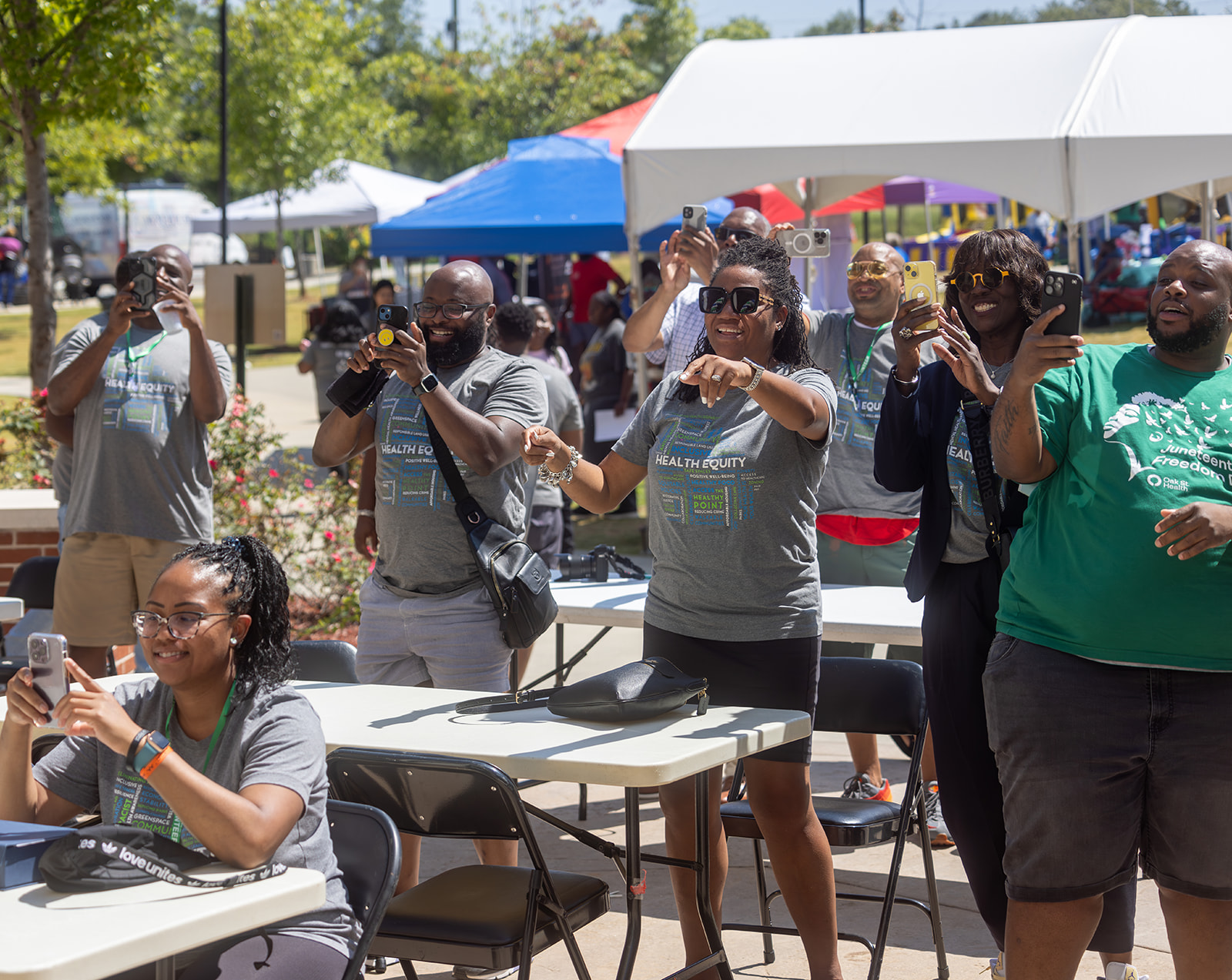

East Point Health Equity Community Advisory Board
The East Point Health Equity Community Advisory Board was formed in 2022 as part of the project. In 2023, the CAB sought to increase their own capacity as residents to lead, inform, and sustain health equity in East Point beyond the project. For more information, contact info@coephealthequity.org.
Photovoice
One activity of the project involved a photovoice study. Photovoice is a culturally grounded research method wherein photographs often taken by participants are used to explore and address community needs, stimulate individual empowerment, and create a critical dialogue to advocate for community change. Click the button below to learn more about the study and exhibitions.
East Point City Health Dashboard
In 2022, the City Health Dashboard announced the launch of the inaugural Put Us on the Map Challenge!, which provided an opportunity for smaller cities (population between 5,000 and 50,000) to have their city added to the dashboard. The City Health Dashboard is a national data platform that includes more than 35 measures of health, including factors that shape health and drivers of health equity, for all large cities across the US. MSM applied on behalf of East Point after receiving City Council approval and a letter of support for the project. East Point was selected as one of 29 “small” cities to be added to the Dashboard. The data is publicly accessible and provided local leaders, community members, and provided the project team with a clearer picture of the challenges facing the community and how to address them.
East Point is a Model
The comprehensive planning process that East Point undertook, incorporating findings provided by the MSM team, is a model for integrating health equity into comprehensive plans -- an emerging trend in the US. The East Point model has been disseminated widely through this project, including 16 scholarly presentations and a chapter in a public health textbook titled Community-Centered Public Health Practice: Strategies, Tools, and Applications for Advancing Health Equity. Additionally, there have been over 30 community presentations, many led or co-led by community residents. By elevating community voices through innovative methods and embedding health equity into its 2022-23 Comprehensive Plan Update, East Point has demonstrated how local governments nationwide can translate research into action and planning into healthier, more equitable futures for everyone.
Douglas, M., McCay, M., Newton, B., Ponder, M., Dopson, R., Blount, M., Nzinga, M., & Waldrop, R. (2024). Health Policy: Processes, Alliances, and Strategies for Public Health Action. In Community-Centered Public Health Practice: Strategies, Tools, and Applications for Advancing Health Equity. Book chapter, Springer. https://doi.org/10.1891/978082618946
Partners
This webpage will be edited. Check back regularly for updates.
This project is supported by the Office of Minority Health of the U.S. Department of Health and Human Services (HHS) as part of a financial assistance award totaling $1,224,845 with 100 percent funded by OMH/OASH/HHS. The contents are those of the author(s) and do not necessarily represent the official views of, nor an endorsement, by OMH/OASH/HHS, or the U.S. Government. For more information, please visit please visit https://www.minorityhealth.hhs.gov/. Award #: CPIMP211312


